TEHRAN(Bazaar) –Shireen Tahmaasb Hunter, a professor of political science at Georgetown University, tells that not see any sign that the US is ready to ease economic pressure on Iran.
She adds that Suggestions by Qatar are mostly an effort on the part of Doha to advance its own international role as a mediator and player. Doha, too, has benefitted from Iran's isolation in terms of capturing important energy markets, especially gas.
Following is the text of the interview:
Q: In his recent statement, Qatar's foreign minister announced that the partial nuclear agreement (quid-pro-quo approach) is the best way to reach a comprehensive agreement between Iran and the United States. What is your assessment of this solution?
A: Partial agreements are useful if they are conceived as steps towards a final resolution of outstanding problems between Iran and the US. They might also offer Iran some limited financial relief, such as the freeing of some of its frozen assets which happened after the agreement regarding the prisoner swap. But such limited acts will not solve Iran's problems deriving from the severe US sanctions. Countries such as Qatar and many of Iran's other neighbors prefer the current situation which keeps Iran weak while reducing the risk of military conflict, which could endanger their interests.
Q: One of the obstacles of quid-pro-quo approach is determining the priorities of each step. Another problem is that the components of these steps are related to each other, and without having a general picture of what should be finally achieved, it is difficult to determine the priority of the steps. What is your assessment?
A: In my view, considering the fact that Iran neither has the capacity nor the intention of producing nuclear weapons, there is not much that it can offer the US in exchange for American willingness to reduce or lift its sanctions. Even in the region, Iran has already vastly limited its direct engagements in places such as Syria and Lebanon. In the Persian Gulf, too, Iran has reconciled with Saudi Arabia and other Persian Gulf Arabs, although underlying tensions still remain. So, it is difficult to see what other concessions Iran can make barring a drastic shift in its approach towards the Palestinian issue and its attitude towards Israel.
Q: One of the success cases of the quid-pro-quo approach is the exchange of prisoners and the cessation of Iran's enrichment of 60%. Is this approach applicable to other fundamental differences between Iran and the United States?
A: The prisoner swap was a special case and its example cannot be duplicated in regard to other outstanding problems between Iran and the US.
Q: America is satisfied with the current situation based on a temporary understanding, but Iran wants the lifting of sanctions, which will be achieved through a comprehensive agreement. However, no Iranian official has yet taken a position regarding Qatar's ‘quid-pro-quo approach’. But due to the time-consuming nature of such an approach, it seems that in the short term, Iran will not achieve its desired economic benefits. What is your assessment?
A: I am not so sure that there is a temporary understanding between Washington and Tehran. Iran knows that increasing the level of its uranium enrichment to what is required for making a nuclear device would trigger a harsh reaction from the US and Europe and possibly even China and Russia. So, America is not worried about that. Meanwhile, Washington’s relatively tolerant attitude towards the sale of Iranian oil has more to do with keeping the price of oil stable and thus checking inflationary pressures than with a deal with Iran. The US can change this attitude any time it wishes. I don't see any sign that the US is ready to ease economic pressure on Iran. Suggestions by Qatar are mostly an effort on the part of Doha to advance its own international role as a mediator and player. Doha, too, has benefitted from Iran's isolation in terms of capturing important energy markets, especially gas. Qatar has no interest in seeing Iran's problems resolved, its economy improved and thus its regional role enhanced.
Q: To what extent can the current temporary understanding between Iran and US be sustainable?
A: The current situation will survive as long as the US wants it to survive. It has been clear for a long time that Iran's economic problems will not be resolved without a fundamental change in its foreign policy, especially regarding the relations with the US and even more importantly towards the Palestinian issue. With the looming Saudi -Israeli normalization, Iran would become even more isolated in the region and even encircled.
Iran is surrounded by hostile neighbors in the north (Azerbaijan), south (several Gulf states, notably Bahrain, the UAE), east (Afghanistan and to some extent Pakistan) and West (Turkey) Iran's conditions would change only if Iran ends its confrontation with the US and Israel. No mere Quid pro Quo agreements could solve Iran's acute security dilemmas.

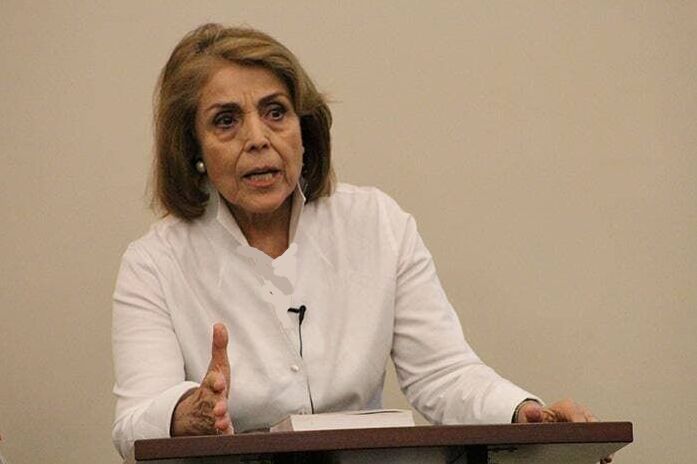




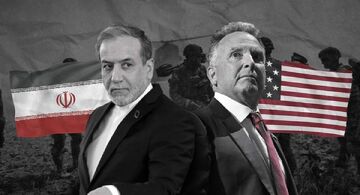

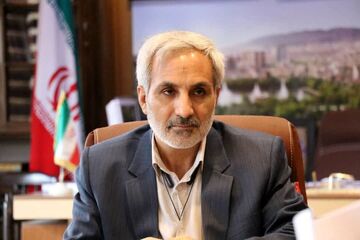



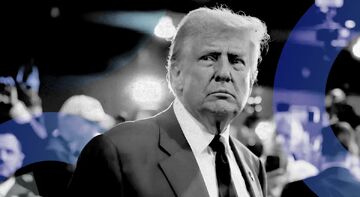


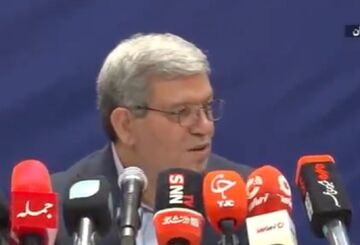
نظر شما